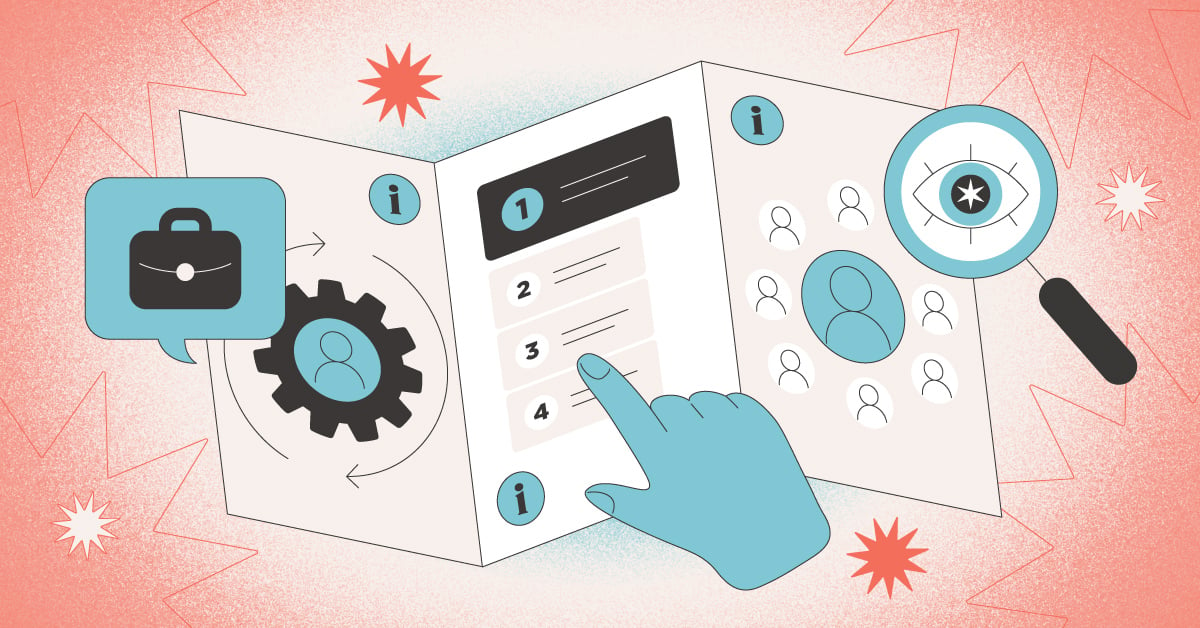 My family and I got a new dog last weekend. We always prefer rescuing a dog from an animal shelter and this was no exception to that lifelong practice. While it’s very difficult to go into an animal shelter knowing you are likely going to have to say “no” to all but one dog, you still hope to find that perfect family companion. Without a chance to really get to know the dogs, something has to occur to make one stand out from the rest. I got to thinking about how similar the experience was between the dogs in the kennel and candidates trying to land a new job.
My family and I got a new dog last weekend. We always prefer rescuing a dog from an animal shelter and this was no exception to that lifelong practice. While it’s very difficult to go into an animal shelter knowing you are likely going to have to say “no” to all but one dog, you still hope to find that perfect family companion. Without a chance to really get to know the dogs, something has to occur to make one stand out from the rest. I got to thinking about how similar the experience was between the dogs in the kennel and candidates trying to land a new job.
Just the way a kennel full of hopeful dogs vies to be the one that catches your eye, candidates battle for your company’s one opening. What does that candidate have to do to be the one that separates him or herself from the rest?
When thinking about the interview process, how much can you really expect to learn about a person and their work tendencies in a 15-30 minute window? Probably not much more than you can learn by observing a dog behind the kennel door. To land a new job (or a new home for the canines) takes a special effort to make you stand out among the other candidates.
Tips for standing out in a crowd
When looking for a new dog, we searched online and checked out each dog’s profile on the various shelter’s websites. When you begin to look for a new job, it usually starts with a resume. What starts out as a blank piece of paper becomes the tool used for capturing your potential future employer’s attention. Take the time to do it right!
Make sure your resume is compelling and interesting but also accurate. Reading a resume is no more fun for the company reading it as for the person preparing it. You need to be sure your resume contains something to capture and keep the reader’s attention. Be sure your resume is a true depiction of who you really are. A resume is not intended to be a fictional account!
You don’t need to be a graphic designer, but do something to make your resume catch someone’s eye. When I was working in the beer industry, I had a glass of beer silhouetted in the background of my resume with the copy placed on top of it. It was a little touch that showed that I was really invested in my industry. And it worked!
While your resume is meant to show your accomplishments, make sure it shows your personality as well. Today companies are looking to match candidates with their company culture, so the more they can tell about who you are and what you can do for them, the better.
I can’t stress enough to double and triple check your resume for accuracy. If you rush through completing it and leave a typo, you have tremendously reduced your chances of getting called for an interview. As someone who has previously hired dozens of people, I wouldn’t even consider a person with a typo on their resume. It shows me they don’t have attention to detail; a trait that I consider an absolute must to effectively manage the daily responsibilities of the job.
Preparing for the interview
Assuming your resume does the trick and you get the call for an interview, make sure to do some homework. Unlike a dog who has to wing it, research the company you are applying to and have a solid understanding of what they do. What is their specialty or their niche in the market? Are they an established industry leader or an up-and-comer?
Research the key people that will be interviewing you. Nowadays it’s not hard to find information on people, whether it’s through a simple internet search or through social media. Check the company website as there is often a directory of key employees. Coming to your interview knowing things about both the company and your interviewees will go a long way in making you stand out among the competition.
If possible, get a feel for the company culture. For you to fit in and be happy, culture is an important fit. I prefer a very relaxed work environment where I can come as I am. For years I worked for a company with a strict time schedule that required a suit and tie dress code. I despised wearing suits and ties and I preferred a relaxed environment where I could set my own hours. It was definitely not a long term solution for me and had I known their culture early on, I may have looked elsewhere and found a place where I would have been happier.
Learning from the dogs
When we walked up and down the aisle in the kennel, those dogs were prepared to make an instant impression. Don’t be fooled by the fact that these are mere dogs, most of them had a plan. “Sammy” who we absolutely loved when we viewed him online, barked angrily and showed his teeth. That performance was the equivalent of having multiple typos on the resume; Sammy was instantly eliminated. “Sasha” who closely resembled a dog we owned previously was the loudest barker, performing at full volume throughout our visit. Sasha was quickly off the list.
Sadly, some of the dogs made no attempt to greet us or show any interest towards us. Much like the person that goes through the motions because they need a job but may not really be motivated, we quickly eliminated these dogs because we wanted a dog with some personality and a certain amount of energy.
Zeppelin, a whippet/German Shepherd mix, had a sweet personality and greeted us immediately. She anxiously came up to the window and licked our hands, then without barking, she stuck her nose under the fence to try to get closer to us. We felt an immediate connection with Zeppelin. It didn’t hurt that we are a family of music lovers who consider her namesake one of our favorites. Zeppelin became a member of our family that day. It was like finding that perfect “diamond in the rough” candidate for your company after a long day of subpar interviews.
Making a good first impression
You get one chance to make a good first impression. Give yourself every advantage to set yourself apart by being prepared. Make sure your clothes are neat and pressed and if wearing dress shoes, make sure they shine. Arrive to the interview a few minutes early. Have questions prepared for your interviewers so you can learn as much about them as they are trying to learn about you.
Remember to be interesting by telling compelling stories but don’t ramble on. Most interviews are an hour or less and that is not a long time for a candidate and a company to get to know each other. When asked a difficult question, stop and reflect before responding. It’s better to give a delayed answer than a bad answer.
Very importantly, never use profanity during an interview, never bring negativity into the conversation and don’t ask about money during your initial interview unless the company brings it up first. Just as Sammy and Sasha sealed their fates quickly with their performances, one slip in any of these areas and you can find yourself eliminated from consideration.
Following up
Always get business cards from all members of the interview process. When you arrive home from your interview, take a moment to send a quick thank you note for the interview. There is no need to re-sell yourself, you’ve already done that in the interview. Simply thank them for their time and interest in you as a candidate. Let them know you are encouraged by what you learned about their company and tell them you look forward to hearing from them in the near future.
If your potential employer indicates that they will be making a decision within the next two weeks, follow up with a phone call once the two week window has passed. Doing so shows you have good follow through and that their company is still top of mind with you. If your employer asks you to do a homework assignment as a way of judging your skill level, always try to do a little extra to position yourself as an overachiever. A little extra never hurts and can only help, so go the extra mile and make yourself stand out from the other candidates.
Conclusion
It’s a dog eat dog world out there and having any and every advantage you can will help you get ahead in the employment world. If finding a new job is on your short list of 2018 goals, now is a great time to prepare yourself for the long term. Update that resume, work on your interview techniques, think about what type of company and culture you want to work in and, finally, start to think about what life will be like in your new job.



